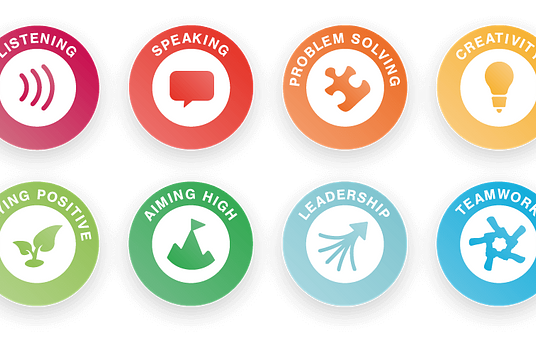The innovation came into effect after careful study of why pupils at the school we operate continued to perform below average and continued recording an upswing in the numbers of absenteeism. Unfortunately, it was discovered that pupils in our community were exposed to a number of stressors that significantly impacted their mental well-being resulting in poor academic performance and absenteeism.
It is a toolkit wit sessions that are designed to be implemented over the course of one year and it has three levels and each one has several sessions.
Level One focusses on social and emotional learning that aids children in developing self-awareness, developing a vocabulary to describe different feelings and emotions, and developing skills in identifying and discussing emotions as they relate to daily life.
Level two introduces them to the ‘seven helpers’ of the Super Better model and introduces video game related ideas and vocabulary including: Epic Wins, Challenges, Power Ups, Quests, Allies, Battling Bad Guys, and adopting Heroic Identities. We have repurposed the seven helpers for our programme and linked the helpers to tackle real health challenges that affect children in many parts of Zambia and beyond.
Level three is the stage at which the children apply the Super Better model to examine and resolve problems and develop strategies for building their health and resilience.
The SuperBetter Toolkit for Educators has been widely accepted by most Zambian schools for its effective and interactive approaches to promote well-being and build resilience among learners, its impact has been noted not only from less resourced communities but also from developing communities and organizations.
The innovation has received global recorgnition even from Global Fund for Children CEO and President Mr John Heckerling where he highlighted the impact of our innovation on addressing mental health. The highlight can be found on this link https://philanthropynewsdigest.org/features/commentary-and-opinion/to-improve-the-mental-health-of-children-and-youth-invest-in-grassroots-groups .
It is our deepest heart desires to have innovation extended even to the schools across the globe.
Our innovation can be found on the Children for Health website which is a partner organization.
Please feel free to download and share the FANTASTIC toolkit with everyone at any time for FREE and experience the twin benefits that comes with it.
It can be downloaded here
https://www.childrenforhealth.org/SuperBetterChildrenforHealth



